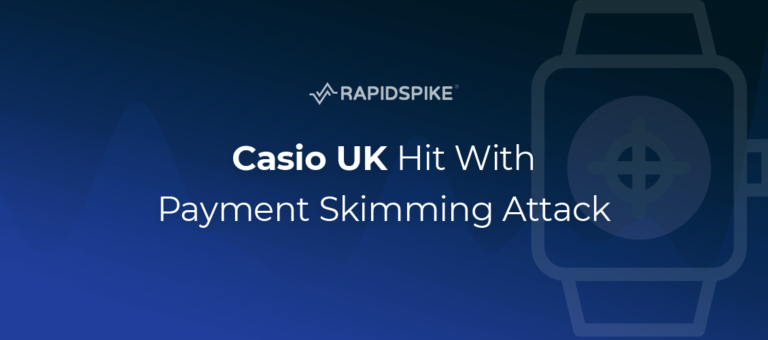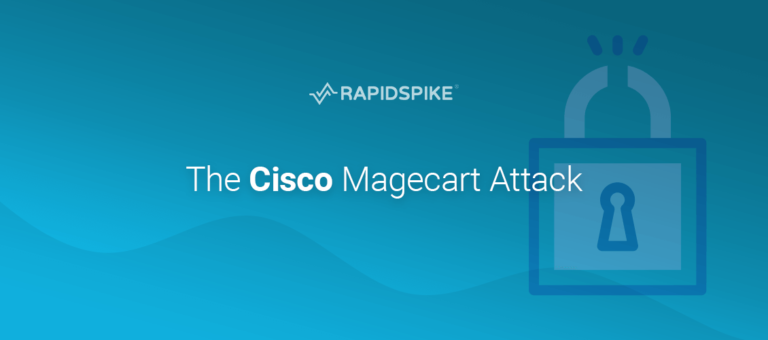We recently featured in Ecommerce Age. If you missed the write up, you can catch up in full, here…
As ecommerce continues to outdo the high street, Black Friday sales are becoming as much of a tradition as Christmas dinners. But shoppers are very influenced by external factors, from the economy to website experiences.
We outline the key ecommerce challenges this Black Friday…
Customers are spending less or shopping around
The elephant in the room for most retailers is the cost-of-living crisis. In a recent YouGov study, it was revealed that six in 10 consumers are planning to spend less this year. Non-essentials have taken a back seat as shoppers struggle to make ends meet with inflation and energy bills.
According to the State of Living Report, 72% of shoppers say they’re planning to cut back on luxuries. This is particularly worrying for upmarket brands, as the report also suggests that 58% of shoppers will seek discount retailers.
On the plus side, money-conscious customers may be more interested in getting a good deal. Those who can offer the biggest discounts, in tandem with a seamless website experience, may therefore come out on top.
Much of this comes down to website loading speed. In one eye-opening case study, a headphone retailer was found to be losing as much as £2.5 million per year simply due to poor performance. The takeaway? Improve your website or risk the consequences.
Payment scams are on the rise
Of course, a seamless website experience doesn’t come down to the transaction alone. Security also plays a huge part in customer confidence loyalty, and one of the lasting effects of the pandemic was the increase in online payment scams.
Between 2020 and 2021, cases of online fraud rose by 33%. These included payment interception, whereby hackers impersonated company representatives to send customers to fake payment pages. More sophisticated attacks included intercepting cardholder data as customers made their way through the checkout process.
Conversely, merchants also felt the sting in the form of refund fraud. Hackers would purchase items, then claim they had no knowledge of placing the order, only to log a dispute and keep the goods. According to the National Retail Federation, for every $100 of merchandise returned, $10.30 is lost to fraud.
Slow websites are losing sales
The headphone retailer case study above is just one example of customers’ high expectations. Another consequence of the pandemic, shoppers’ patience is wearing thin with slow websites. According to Kissmetrics, almost half (47%) of customers expect a website to load within 2 seconds.
Even more sobering, 88% of shoppers would leave a website after a bad experience, and a 1-second delay could cause conversions to drop by 7%. But the good news is that many of these issues are easily detectable, and fixable.
Tools like Google Lighthouse analyse individual URLs and highlights issues in accessibility, SEO and performance. Core Web Vitals, meanwhile, puts user experience first. Testing for issues like ‘cumulative layout shift’ (the movement of elements on a page), it shows retailers where their sites may not be performing as they should.
Web skimming attacks are rife during promotional periods
While payment scams are generally higher right now, web skimming attacks peak during periods like Black Friday. Bearing in mind that 95% of all cyber breaches stem from human error, retailers should be aware of:
- Magecart – stealing customer data from forms by exploiting web server vulnerabilities
- Fake checkouts – forms appearing before the real checkout page
- Domain spoofing – impersonating transactional websites.
Prevention is better than the cure here, with penetration tests and vulnerability scans offering assurance. But in the event of an attack, it’s essential to keep customers informed. A five-step plan of investigation, informing ICOs, informing customers, monitoring reinfection and protecting customers, could prevent reputational damage.
The takeaways
As with any retail experience, looking after the customer should always be a top priority. Online vendors should prepare for security breaches this Black Friday, while also monitoring website performance to ensure customers can access much-needed discounts.
With the right preventative measures, retailers can protect their reputation and maintain stable sales throughout the year – not just at Christmas.






